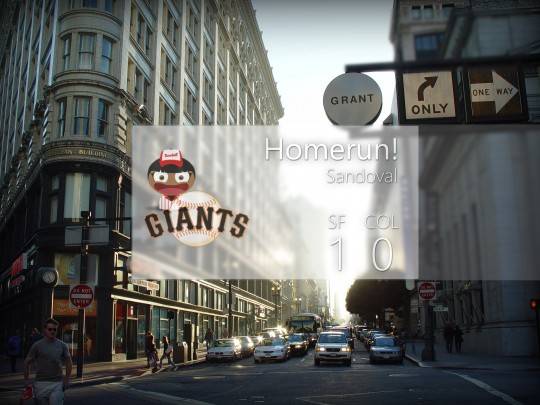
Google Glass may have found itself a new ally i future legal battles involving traffic regulations. Researchers from the UK have concluded, based on their study, that there is no cause-and-effect relation between the number of vehicular accidents and the number of mobile phone calls on the road.
Even while Google Glass is still in development, it is already facing opposition from governments, especially in terms of traffic regulations. In the UK, the Department for Transportation is considering imposing the same regulations and sanctions on Glass drivers that are in effect for drivers using mobile phones on the road. All of these are based on studies showing that mobile phone driving is dangerous, which, while true, isn’t straightforward as we may think.
Researchers from Carnegie Mellon University and the London School of Economics analyzed more than 8 million vehicular accidents in the US and compared them with data of mobile phone usage before and after 9 pm from 2002 to 2005, a period when US carriers offered free calls after 9 pm. The results surprised the researchers so much that they tried to check them again. The results remained the same: while there was an increase in mobile phone calls after 9pm, there was no corresponding increase in car accidents.
However, the study shouldn’t be taken wholesale as the researchers themselves explained the limits of their work. The study didn’t differentiate driver demographics and didn’t analyze data for heavy traffic hours. It also only took into account phone calls and not messaging or Internet browsing, two very distracting activities. Though further research is still needed, it could be used as an argument favoring Google Glass’ hands-free approach and minimalistic design of user interaction.
SOURCE: BBC










Surely if you look at the image on the glasses your focus will not be on the road, and will be blurred, dangerous situation.
RR